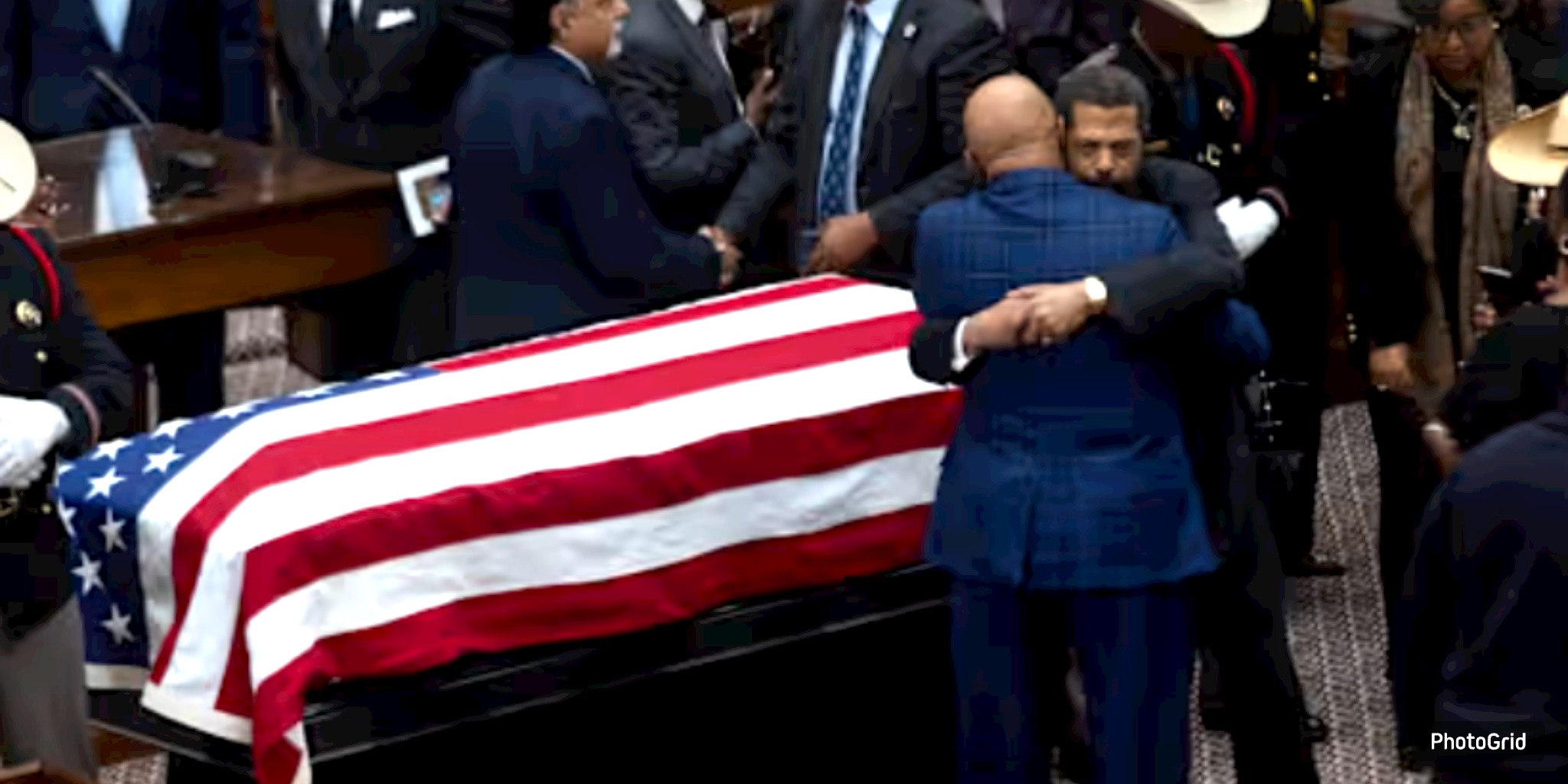House Minority Leader Hakeem Jeffries is considering legal action against Texas Gov. Greg Abbott for delaying a special election to fill a vacant congressional seat in Houston’s 18th District. Democrats argue that Abbott’s inaction is a strategic move to maintain the GOP’s narrow House majority, leaving nearly 800,000 constituents without representation.

House Minority Leader Hakeem Jeffries is considering legal action against Texas Governor Greg Abbott for postponing a special election to fill a vacant congressional seat in Houston’s 18th District.
The seat, once occupied by Rep. Sylvester Turner until his death in early March, is still vacant as Abbott has not yet revealed an election date. Democrats contend that the delay is a calculated tactic to aid the Republican Party’s narrow House majority by leaving the Democratic-leaning district without representation.
Andrew Mahaleris, Abbott’s press secretary, indicated that an announcement would be made “at a later date,” while Democrats argue that the postponement is unwarranted. Christian Menefee, the Harris County attorney and a Democratic candidate for the position, has indicated he may pursue legal action if Abbott does not take prompt measures. “Almost 800,000 residents of Houston lack representation in Congress,” Menefee shared on X, alleging that Abbott is intentionally delaying the election.
Texas Democratic Party Chairman Kendall Scudder stated, “Call an emergency election, or lawyer up.”
In Texas, there is no specific deadline established by law for convening a special election following the occurrence of a vacancy. In the past, special elections in the state have coincided with prearranged elections unless the governor declares an emergency. Unfortunately, the deadline for the May election has elapsed, indicating that the next chance will be in November, which could result in the district being unrepresented for seven months or longer.
Abbott has previously called for emergency elections in Republican—and Democratic-held districts, which has resulted in accusations of political favoritism in this instance.
Republicans, on the other hand, have minimal motivation to expedite the election. Given the GOP's tenuous hold on the House majority and the internal rifts they are experiencing, any postponement in filling a Democratic seat benefits them.
This situation has been intensified by recent attempts to maintain GOP influence in Congress, highlighted by former President Donald Trump’s choice to retract Rep. Elise Stefanik’s nomination for U.N. ambassador to secure her vote in the House.
Although Abbott has responded more quickly in comparable situations, the ambiguity surrounding TX-18 prompts inquiries into political motivations and the broader consequences of extended congressional vacancies.

The Texas Education Agency released the long-delayed 2022–23 A–F ratings for school districts and campuses. Learn how your local schools performed and what the changes mean for accountability.

Texas legislators are advancing bills to curb squatting, but critics argue the proposed laws could significantly weaken protections for renters across the state.

Legislation authored by Houston Senator Joan Huffman and Representative Senfronia Thompson, aiming to establish a $3 billion dementia research fund in Texas, has successfully passed the House. The crucial next step – securing funding through a constitutional amendment – is now facing significant obstacles due to a partisan standoff primarily centered on the contentious issue of school vouchers. This political climate casts doubt on the ultimate realization of the Houston-led initiative.